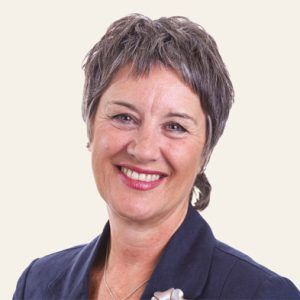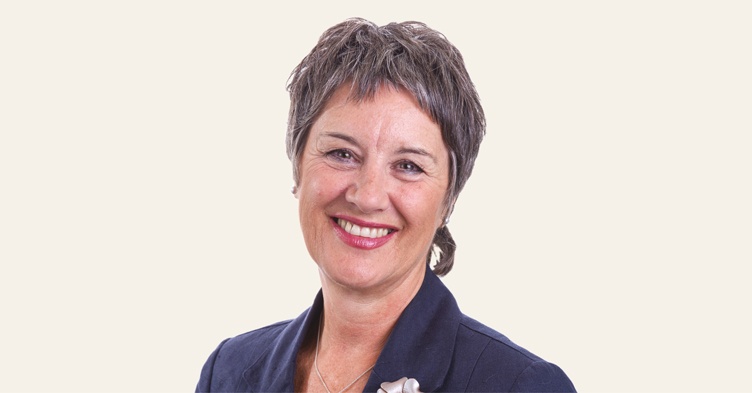Nurses are extremely hardworking staff doing vitally important work – and yet pay freezes have led to a 14% pay drop in real terms since 2010. For practice nurses, the situation is even more complex. Employed by independent practitioners rather than the NHS, practice nurse and healthcare assistants’ (HCA) salaries don’t come under Agenda for Change arrangements.
On average, a practice nurse is paid the equivalent of a Band 6 nurse on the Agenda for Change scale, but pay rates can vary widely from practice to practice, with no annual automatic pay increase. Many practice nurses get stuck at this pay rate, either because they are unable to access opportunity or funding for continuing professional development (CPD), or because newly developed skills and responsibilities are not recognised.
Employment terms and conditions can be equally fickle. Some practice nurses receive only statutory annual leave entitlements, and in some cases no occupational sick pay. As the cost of living soars, low pay means many are struggling to simply provide for themselves and their families. Against this backdrop, it’s no surprise that GP services are facing severe nursing shortages; this month’s report from the Health Committee stressed there are simply not enough nurses to meet the rising demand. Experienced nurses are retiring, and the reality of pay and lack of clear career progression for practice nurses is driving the newly qualified to choose other nursing roles.
It’s a vicious circle because in the absence of permanent staff, GP services are being forced to turn to agency and casual workers to fill their rosters, pushing finances into deeper trouble. With new faces in and out every week, patients don’t get the chance to build trusting relationships with their local healthcare team, nor do staff have the opportunity to understand a patient’s conditions in a long-term context. It is here that the wider problems begin. When patients can’t be seen or satisfactorily treated, they head to A&E, even if they don’t necessarily need emergency care. The emergency services are at breaking point from the ever-rising demand, and overflowing GP services are a key source of the problem.
To try to cope with the levels of patients in A&E, agency staff are again used to plug the gaps. However, many are not specialised in emergency services. This can leave patients with more problems down the line – and even more pressure on the health service.
With effective GP services much of this could be avoided. NHS England’s proposals for the future of primary care set out a dynamic vision, but nurses’ pay and conditions will be essential in recruiting and retaining the staff at the center of this strategy. Practice nursing is a valuable branch of the profession where nurses can and do make a real difference to their patients’ lives. Their pay should reflect their contribution and dedication.
For more information see the RCN’s publication Fair pay in the independent sector: RCN guidance – rcn.org.uk/__data/assets/pdf_file/0009/629550/Fair-pay-web.pdf.








